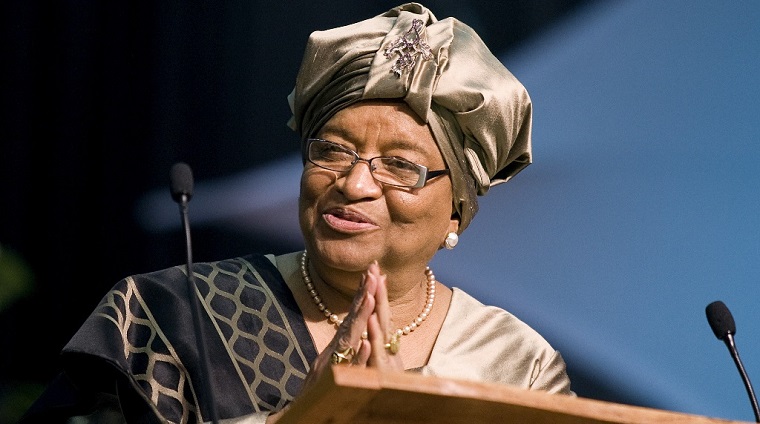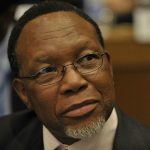Six months later the United States Agency for International Development and IRI observed the Marondera West by-election.
In May 2001 the United States embassy in Harare told Washington that Isaac Maposa who had been hired by the MDC in March as its national coordinator was revamping the party.
“The MDC has in recent weeks made noticeable improvements in using the press to get out its message, due in large measure to intensive training — provided by the International Republican Institute (IRI) in early April in Botswana — on message development and public speaking,” the embassy said in a cable to Washington.
The two organisations and US private companies were also earmarked for an even greater role in Zimbabwe if the MDC managed to oust Mugabe.
In another cable sent to Washington in June 2003 at the height of the MDC’s “final push” campaign, during which the MDC organized a week-long stay-away to push Mugabe out of power, the embassy said it did not matter just that Mugabe goes, but who comes after him.
If a reform-minded transitional government was to take over the United States “could help the transition government’s most pressing task – carrying out free and fair elections, our top Mission Performance Plan goal”.
“USAID should provide assistance and expertise to establish an Independent Electoral Commission. In order to promote an environment in which candidates and parties can wage open and non-violent election campaigns, the GOZ (government of Zimbabwe) will need to repeal/amend an existing body of repressive legislation, including the Public Order and Security Act, the Access to Information and Protection of Privacy Act, the Elections Act and the Media and Broadcasting Act.
“As the new election approaches, USAID would fund the training and deployment of election observers, polling agents for political parties, transparent ballot boxes and computerized voter rolls. We would also continue Voice of America and independent media support. Using existing mechanisms such as National Democratic Institute, International Republican Institute and State University of New York/Albany, we estimate additional total cost at $7 million. Some of these costs could be shared with other donors, although we think that USAID, NDI, IRI, and SUNY are in the best position to lead these activities.
“In a reform environment, we also recommend OPIC and Exim Bank consider loan guarantees for projects that promote US exports and shore up Zimbabwe’s dilapidated infrastructure (in spite of existing arrears). This could involve badly-needed rejuvenation of General Electric locomotives at the National Railway of Zimbabwe, Caterpillar machines at coal-miner Wankie Colliery and Boeing jets at Air Zimbabwe. Furthermore, the country’s participation in African Growth and Opportunity (AGOA) sessions as an observer (with full admission following free and fair elections) would allow Zimbabwean firms to plan a reentry into the U.S. market. (Most U.S.-bound textile production here has migrated to AGOA countries.) We should also explore possibilities for including Zimbabwe in free trade negotiations with the Southern Africa Customs Union.”
When party leader Morgan Tsvangirai travelled to West Africa in November 2004 ahead of the 2005 parliamentary elections, he and his delegation were expected to receive media strategy training from the IRI in West Africa.
Continued next page
(1550 VIEWS)


